As we transition into an aging society, one of the biggest challenges for families with elderly members is dealing with the health issues that have accumulated over the years. While conditions like diabetes, high blood pressure, and high cholesterol are well-known, many are unaware of the increasing threat of degenerative brain disorders in the elderly. Understanding these conditions is crucial for early detection, prevention, and effective management. This article introduces you to three major brain health threats that seniors face and offers guidance on how to recognize and combat them.
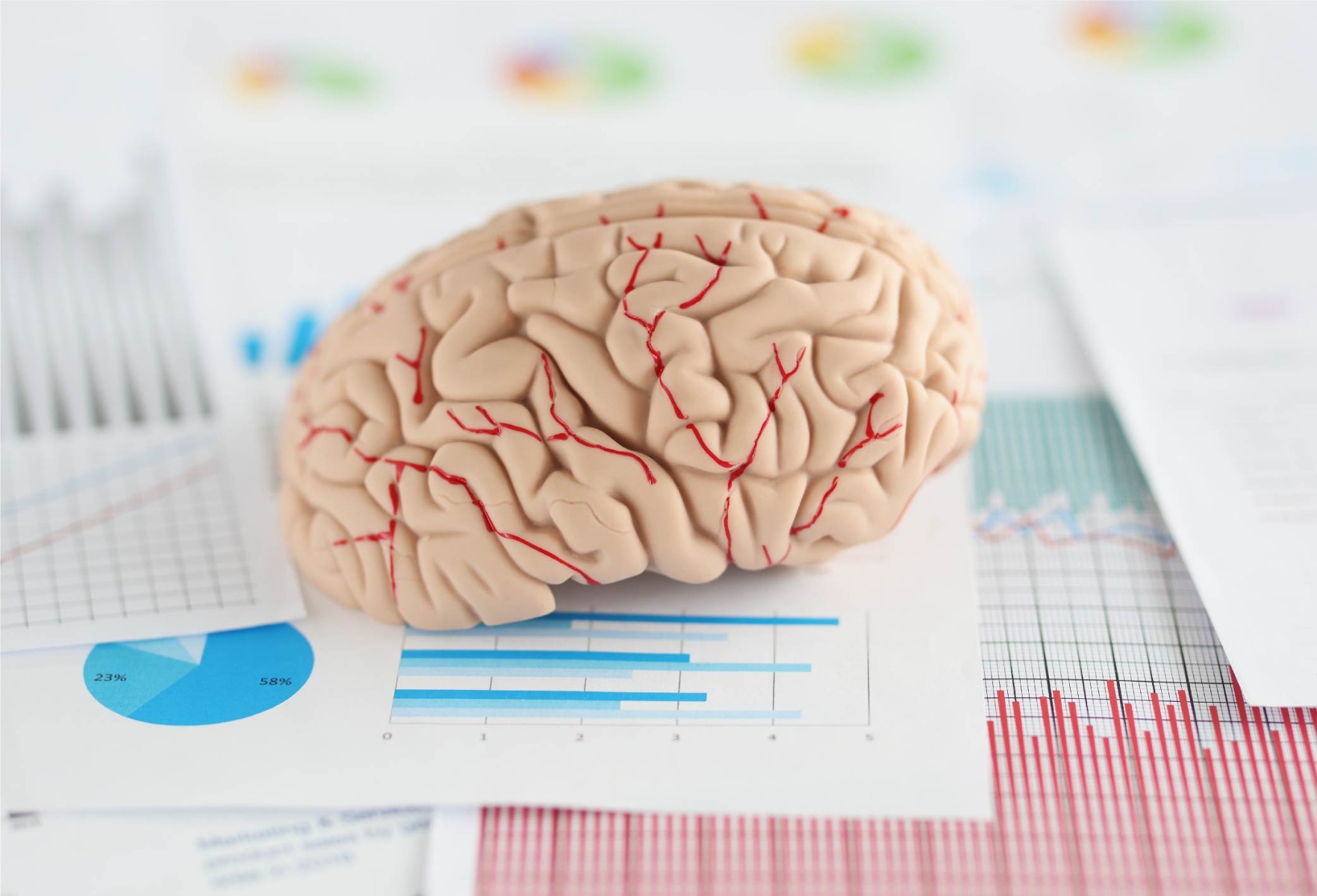
The Silent Threat: Stroke
Stroke, also known as a cerebrovascular accident (CVA), is a life-threatening condition caused by the narrowing, blockage, or rupture of blood vessels in the brain. When a stroke strikes, brain cells are rapidly damaged, leading to a loss of function in affected areas. Without immediate treatment, the consequences can be dire, ranging from death to permanent disability. Survivors may face severe challenges, such as slurred speech, loss of self-control, emotional disturbances like sudden laughter or tears, difficulty in social situations, unexplained pain, and memory loss akin to Alzheimer’s disease. These symptoms stem from impaired brain function and can drastically affect quality of life. Early recognition and swift action are essential to minimize the impact of a stroke.
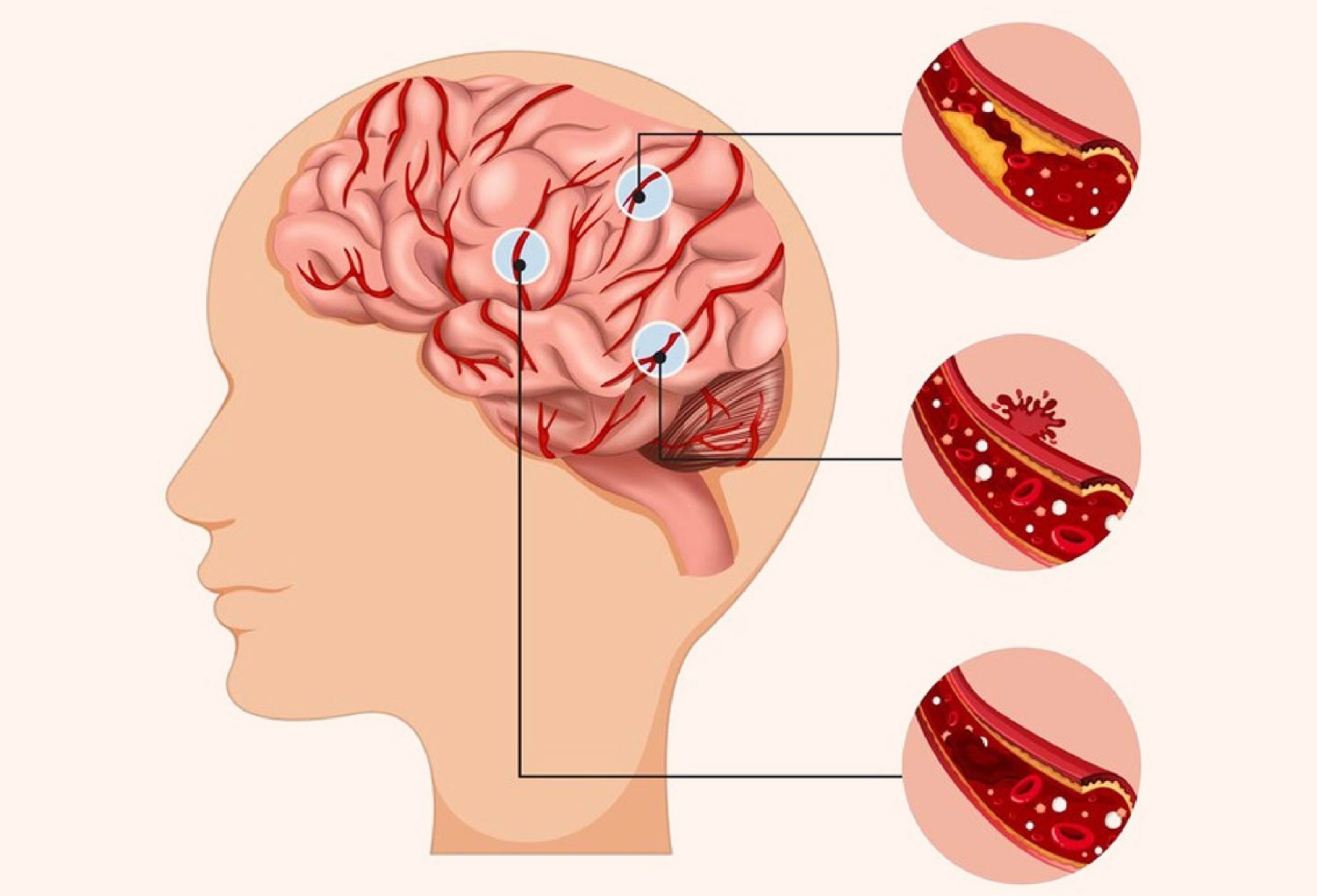
Parkinson’s Disease: The Hidden Connection
Parkinson’s disease is another serious concern for the elderly, often linked to stroke. Both conditions disrupt brain function and the nervous system, sharing similar symptoms like abnormal movements and muscle weakness. They also share common risk factors, such as high blood pressure, diabetes, and smoking, which further increases the risk for those already vulnerable. Awareness and proactive management of these risks can make a significant difference in outcomes.
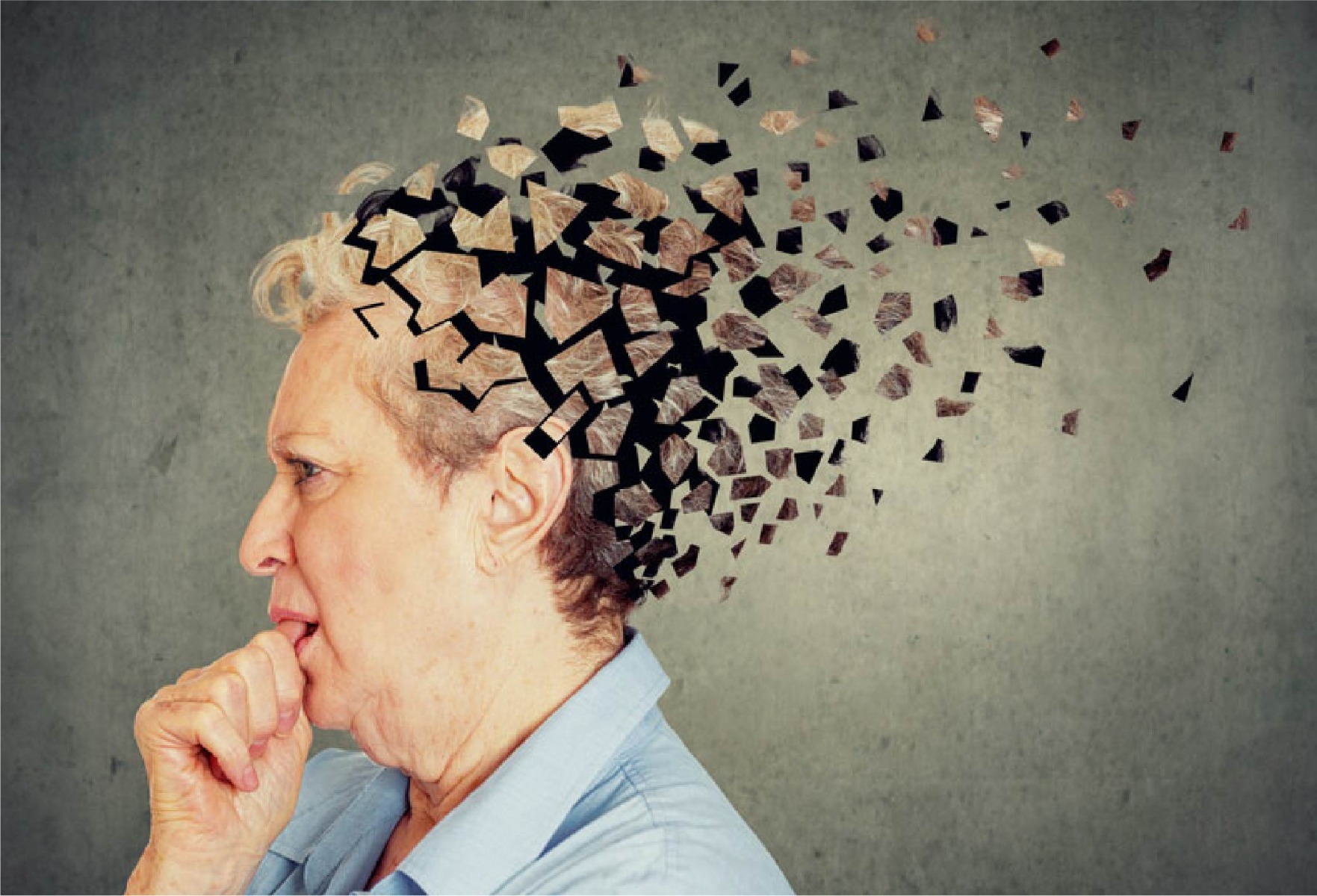
Parkinson’s: A Progressive Degenerative Disorder
Parkinson’s disease is a progressive neurological disorder that targets brain cells in the substantia nigra pars compacta which is a critical area responsible for controlling movement. As these cells deteriorate, patients experience tremors, muscle stiffness, and slowed movement, typically beginning after age 50. If left untreated, Parkinson’s can lead to severe complications, including the onset of Alzheimer’s disease. Early diagnosis and intervention are key to slowing the progression and maintaining a better quality of life.
Common main symptoms
Resting Tremors: Hands may tremble when at rest, such as while sitting still, yet the shaking subsides when the hands are in motion or handling objects.
Slowed Movement: Simple actions like standing, walking, or sitting become noticeably slower.
Difficulty Walking: Taking steps becomes more challenging, and stopping mid-stride can be difficult.
Muscle Rigidity: This may result in a stiff, expressionless face, making it hard to convey emotions.
Underlying Causes:
These symptoms are caused by the accumulation of toxins in the body and the hardening of arteries, which leads to insufficient oxygen supply to the brain cells. Additionally, they can be side effects of various medications, such as high blood pressure drugs, sleeping pills, certain antidepressants, and some chemotherapy drugs.
Another common brain disease, particularly in the elderly, is Alzheimer’s disease, which ranks as the third most prevalent cause of dementia.
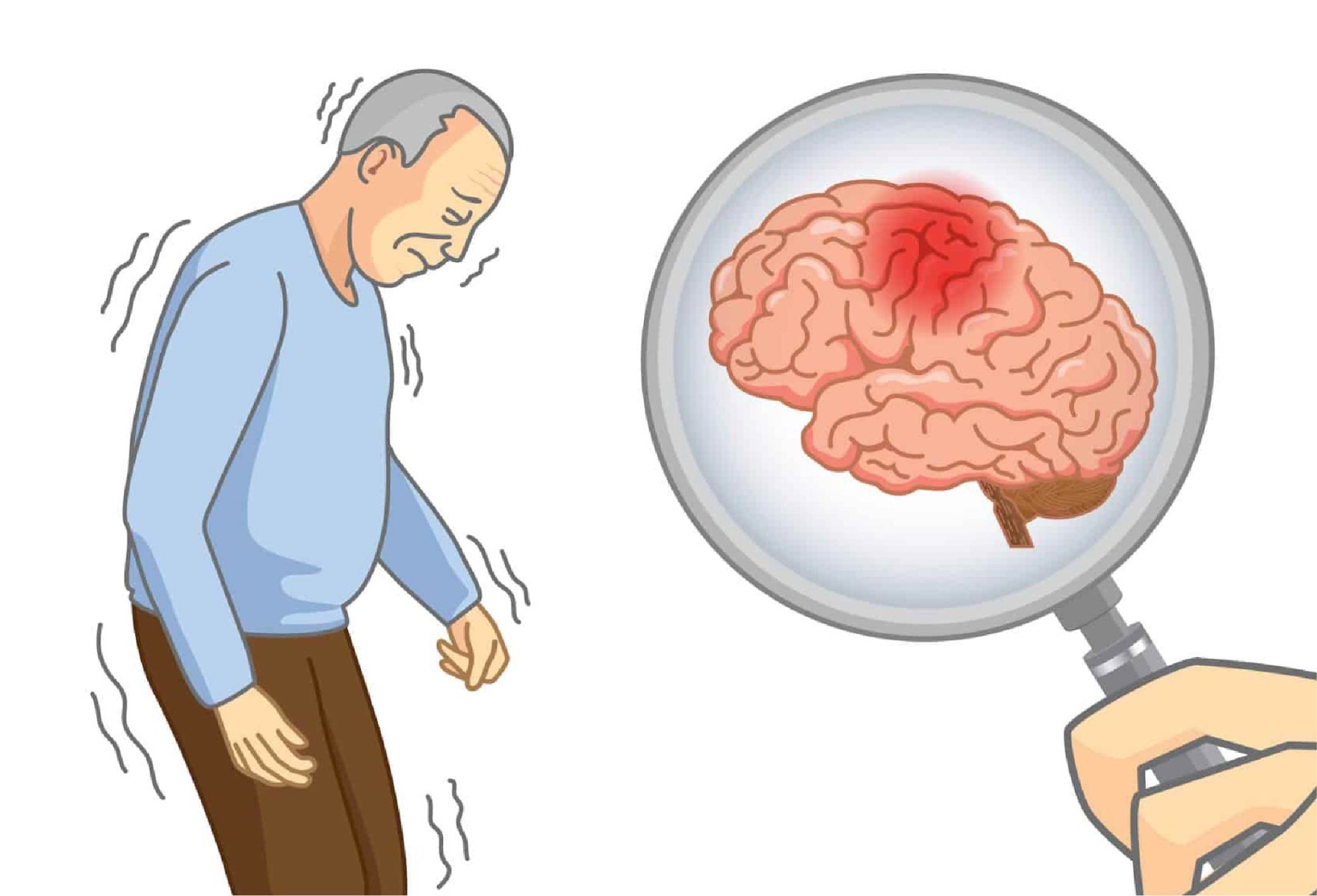
Alzheimer’s Disease: The Stealthy Decline
Alzheimer's is a type of dementia, and it is the most common one. It involves the deterioration of brain cells in every part of the brain. Patients gradually lose memory, especially short-term memory, and have difficulties controlling their emotions, distinguishing right from wrong, using language, communicating, and performing daily activities. In the final stages, patients may lose all memory, become confused, aggressive, or experience hallucinations, eventually leading to death.
These diseases significantly impact the quality of life for patients, as they disrupt normal daily activities, such as walking and moving around, and greatly affect overall well-being.
While these diseases are often seen as severe, leading some to lose hope, it is important to know that with proper care and management, recovery is possible.

Advancements in Integrated Medical Care
The evolution of medical science, combined with the integration of diverse medical disciplines, has empowered us to create highly personalized treatment plans. These plans are not just about addressing symptoms but are designed to tackle the root causes of health issues, aiming to rejuvenate and restore cells to their peak functionality. Here's how we achieve this:
- Detoxification Therapy: The removal of heavy metals from the body to reduce toxin accumulation, which is a common cause of disease.
- Nutritional Therapy: Utilizing research-backed nutrients that aid in the regeneration of brain cells, such as essential amino acids, vitamins, essential fatty acids, minerals, and beneficial plant extracts like Ginkgo biloba, ginseng, green tea, and cordyceps.
- Hormonal Balance and Replacement: By rebalancing or replacing hormones, we directly address the factors contributing to cognitive decline, ensuring the brain functions at its best.
- Immunotherapy Techniques: We fine-tune the immune response to reduce inflammation in the brain, fostering an environment where brain cells can thrive.
- Biomolecular Therapy and Cell Therapy: Pioneering treatments that show exceptional promise in repairing damaged brain cells, offering new hope in the field of regenerative medicine.
- Transcranial Magnetic Stimulation (TMS): This cutting-edge technique employs electromagnetic waves to stimulate brain cells, enhancing neurotransmitter production and revitalizing brain function without causing harm.
At Absolute Health, we thoughtfully craft each treatment to meet the unique needs of every individual, focusing not just on symptoms but also on the underlying causes of your condition. We recognize that understanding and addressing critical brain conditions in the elderly is vital for enhancing quality of life and achieving better health outcomes.
Our medical team transcends traditional approaches, harnessing the body’s innate ability to heal when provided with the right support. This is more than just medical care—it’s a personalized, precise, and deeply transformative journey toward restoring your full potential. We're committed to walking this path with you, every step of the way.


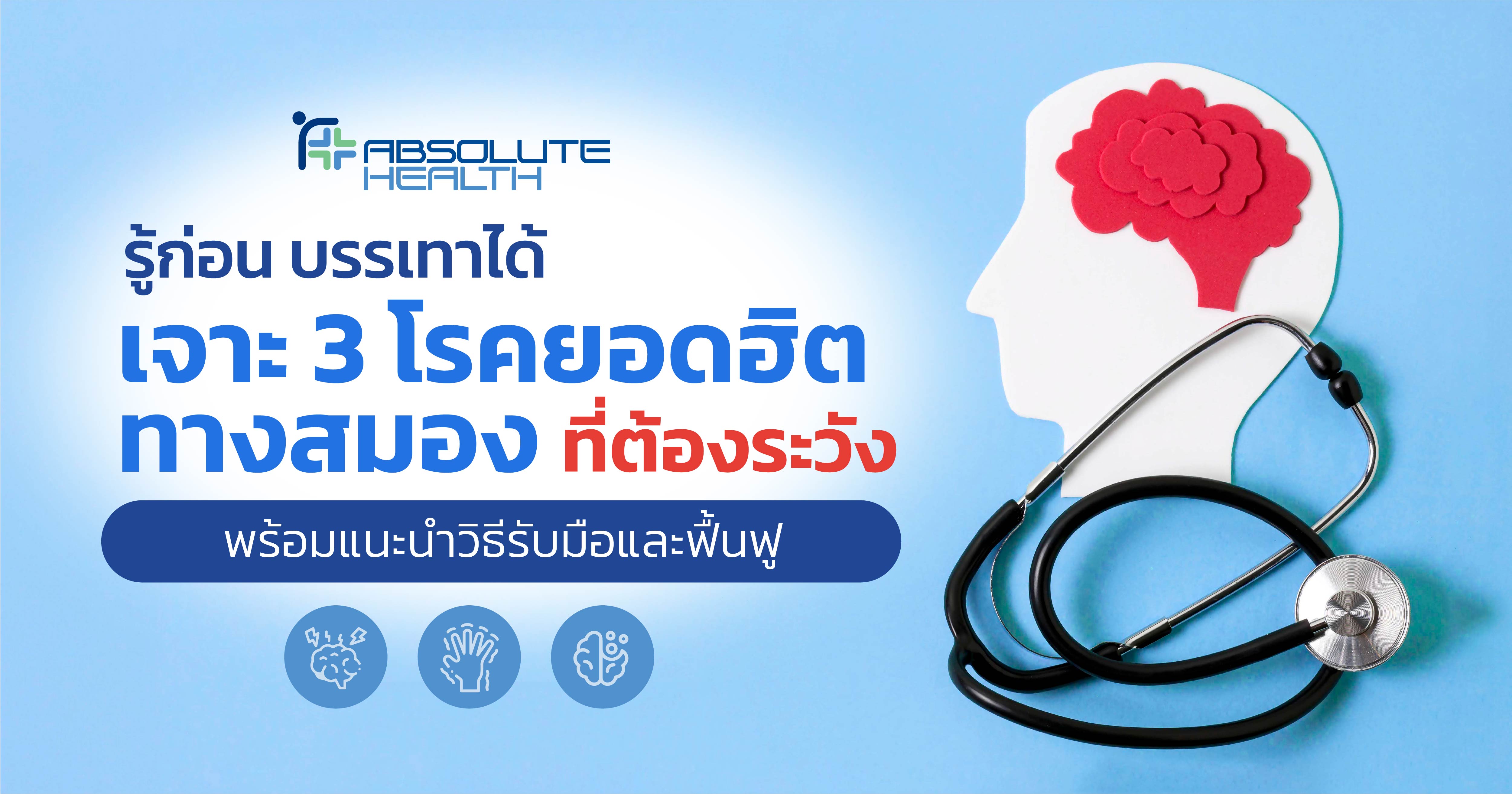
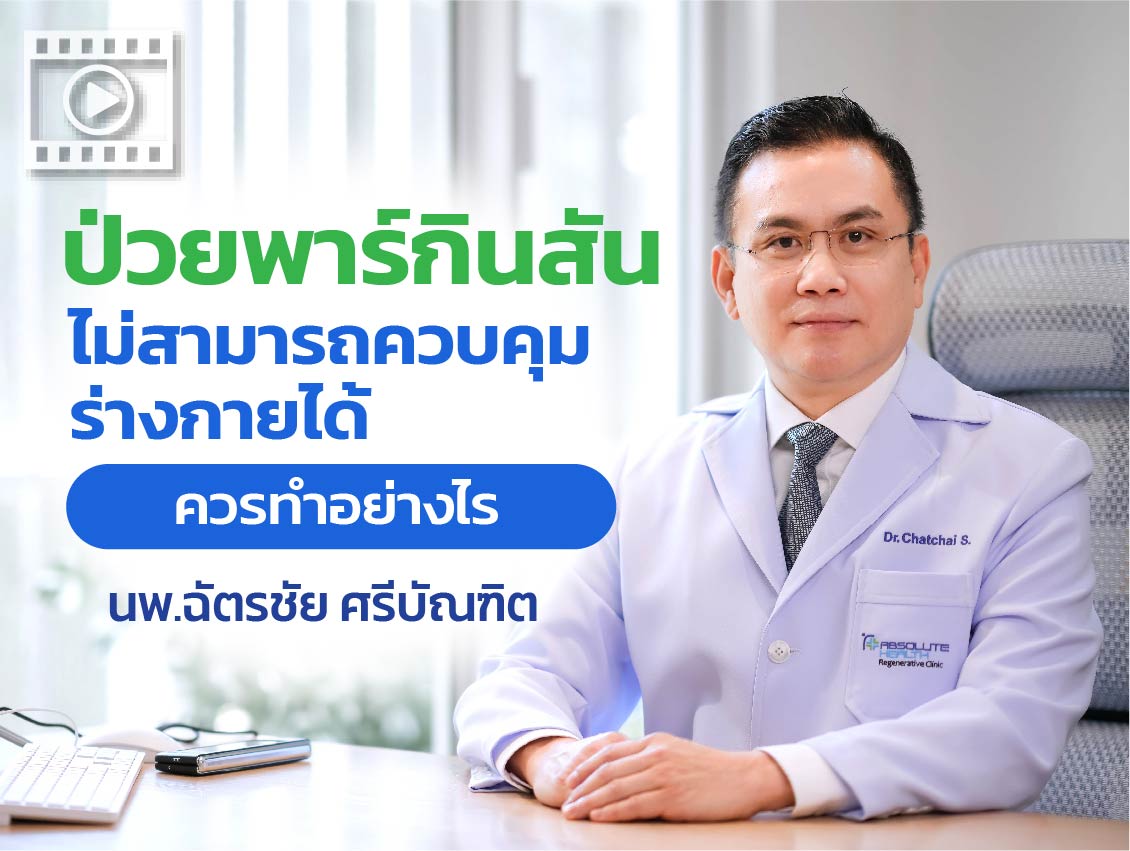
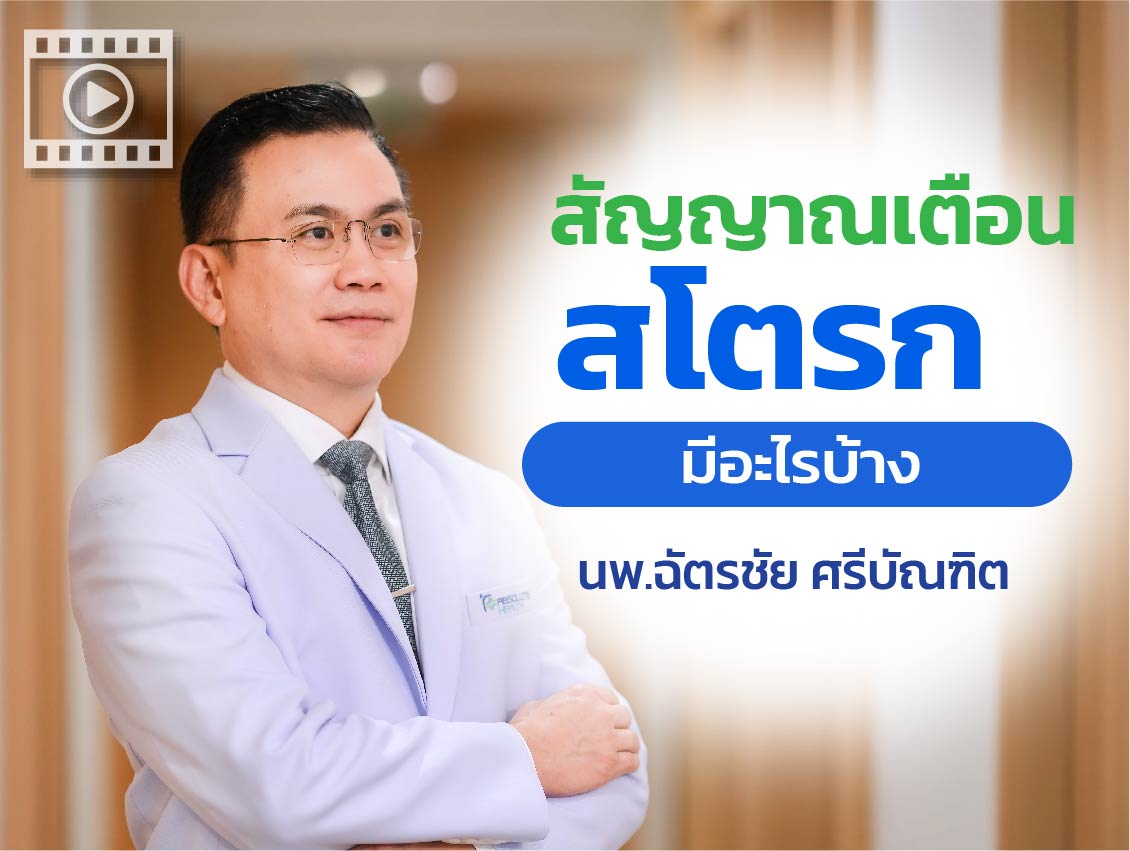
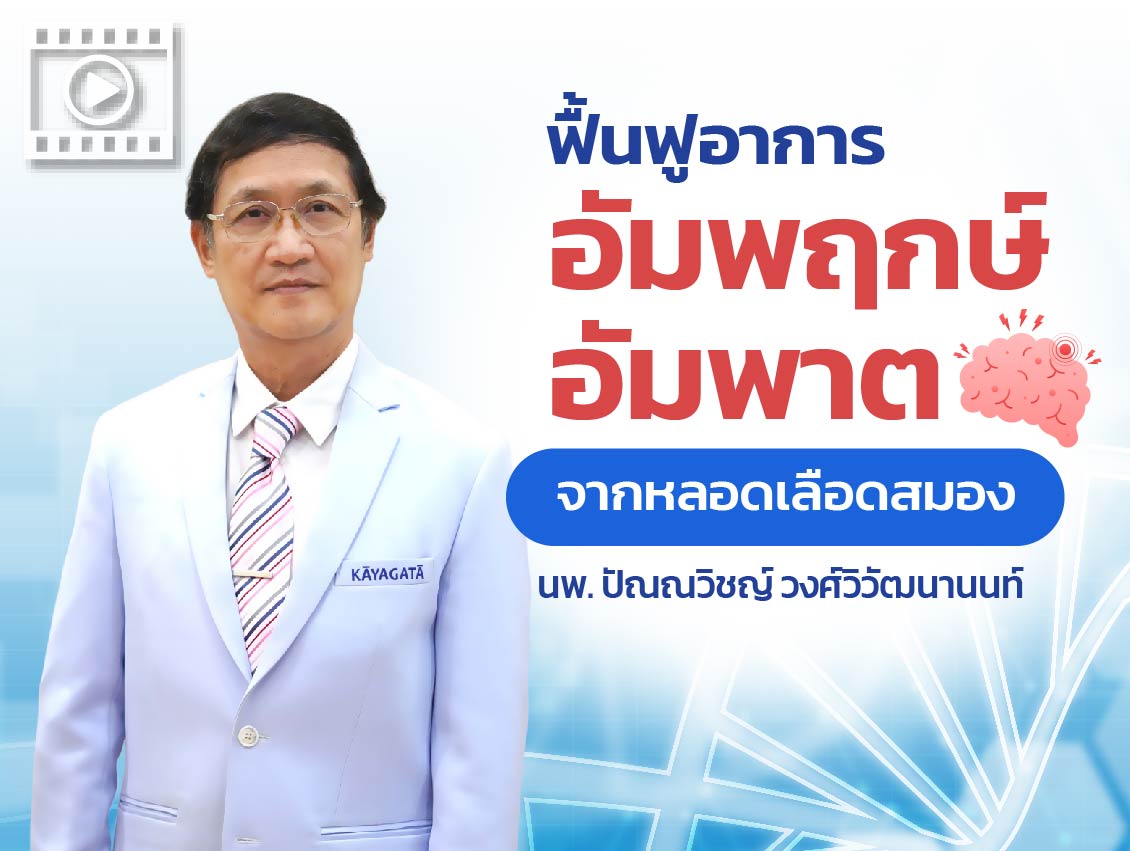


Sign In
Create New Account